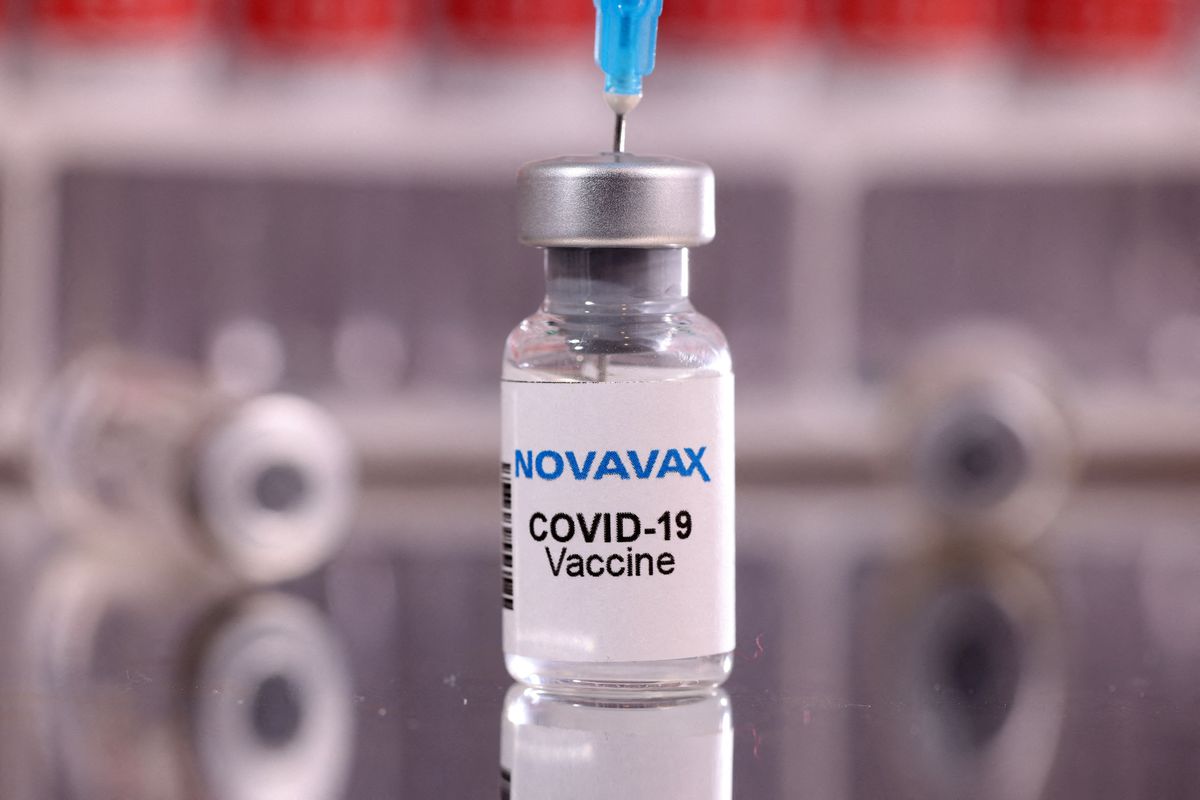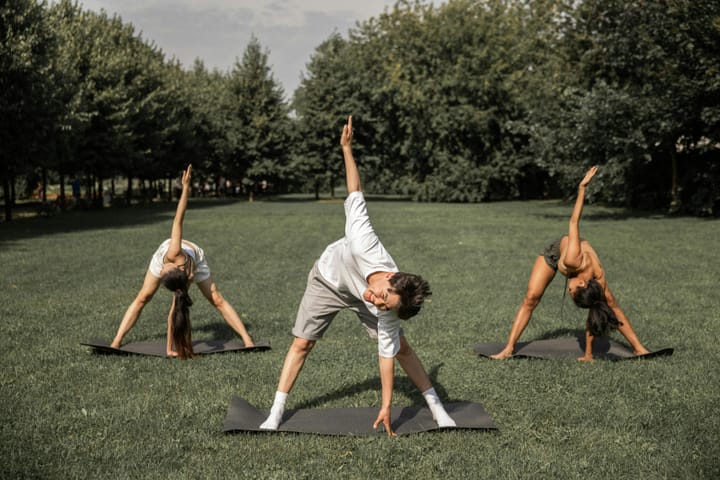What we know about long COVID
When COVID began ravaging the world over three years ago, we didn’t know that some people could suffer long-term symptoms.

A few minutes every morning is all you need.
Stay up to date on the world's Headlines and Human Stories. It's fun, it's factual, it's fluff-free.
The backstory: When COVID began ravaging the world over three years ago, we didn’t know that some people could suffer long-term symptoms. Some who contract the virus end up dealing with the condition for weeks or months – and some don’t fully recover. And healthcare providers have had a hard time understanding this version of the illness, dubbed “long COVID.” Long-term fatigue and brain fog are typical symptoms of long COVID, but there have been over 200 distinct symptoms observed.
More recently: Between 10% of people who got COVID without needing to be hospitalized and 50-70% of those who were hospitalized have suffered from some kind of long COVID, according to research published earlier this year in Nature Reviews Microbiology. And fortunately, those rates could be going down. A Kaiser Family Foundation analysis found that the number of people reporting long-term COVID symptoms, currently or in the past, fell from 35% in June 2022 to 28% in January 2023.
The development: But we are learning more about this syndrome. Now, scientists have a better idea of how long COVID works and why the symptoms seem all over the place and unconnected. For one, it’s clear it’s not psychosomatic because there’s evidence that some peoples’ bodies have actually changed post-COVID. And we’ve learned that antiviral medications and other treatments may help with long COVID symptoms, no matter what they are. Doctors also have a few theories about what causes different symptoms – from where the virus resides in the patient’s body to reactions to other viruses and pre-existing health conditions. But the mystery is still unraveling with more and more research.
Key comments:
" I think that consensus exists at this point to say, there is no one underlying cause of long COVID," said David Putrino, who is leading research efforts in the field at Mount Sinai. "Because there are many types of long COVID."
"We don't quite have our finger on the pulse of what's wrong, what biologically is causing it, and that's a big problem," said Dr. Marc Sala, co-director of the Northwestern Medicine Comprehensive Covid-19 Center. "It's hard to direct drugs or treatments without having the biological underpinnings for why someone is feeling so fatigued with exercise."
"One message that I would like to send out to these patients is that their symptoms are real," Dr. Devang Sanghavi, a critical care physician with the Mayo Clinic, told CNET. "We may not have answers right now about why and how and what we can do to help them, but they should not be struggling and suffering alone."




Comments ()